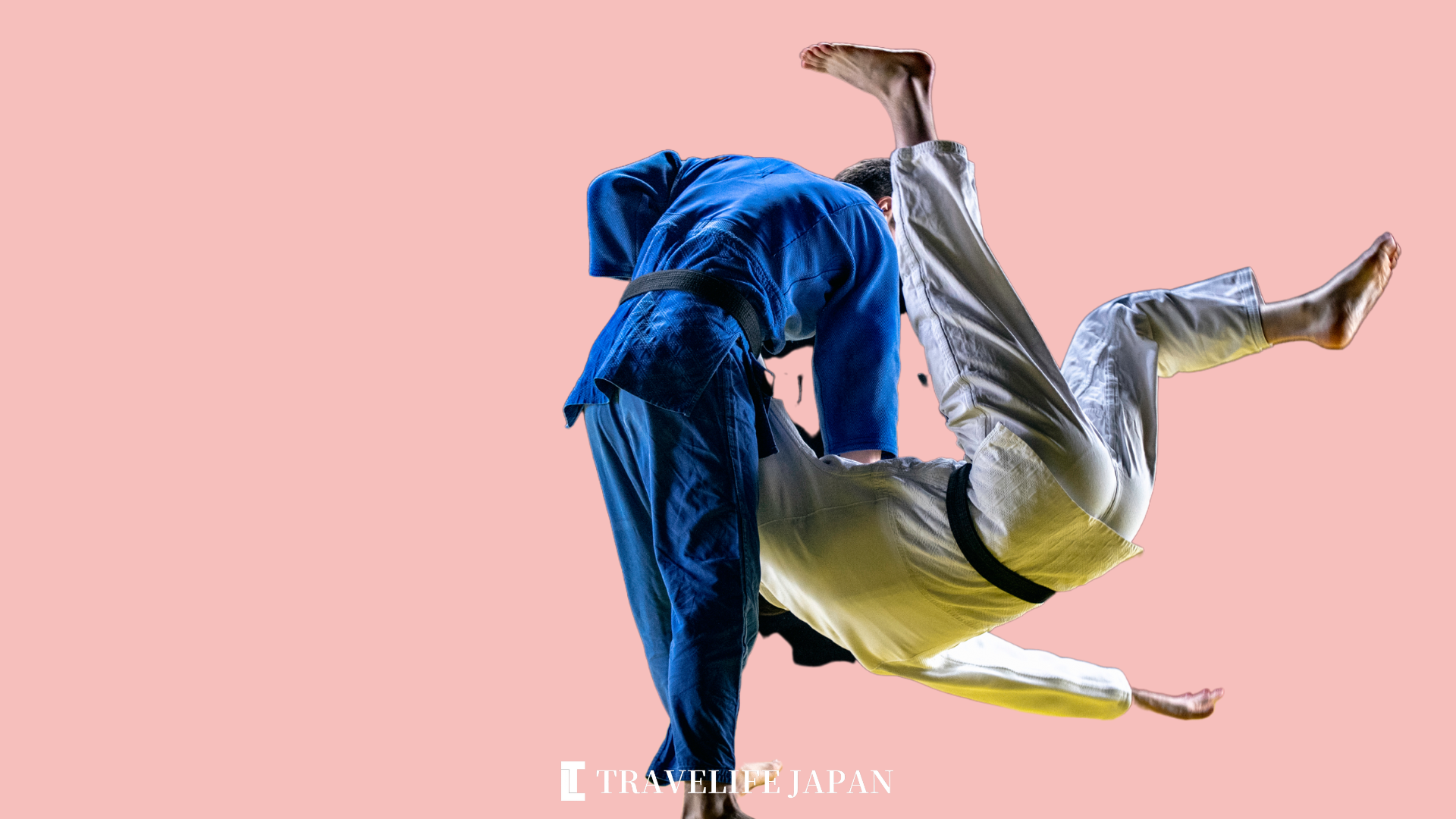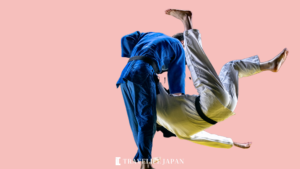How did judo, originating from Japan’s samurai and jujutsu traditions, transform into an Olympic sport beloved worldwide? This concise guide uncovers its journey, rules, and global impact, emphasizing judo’s blend of physical skill and mental discipline, underscoring the martial art’s core values of respect and sportsmanship.
History and Evolution of Judo
Origins and Evolution of Judo
Judo, a martial art recognized globally and part of the Olympic Games, has its roots deeply embedded in Japan’s history. Originating from jujutsu, a close-combat technique of the samurai during the Kamakura and Edo periods, judo was formalized in 1882 by Kano Jigoro. Combining physical discipline with mental strategy, judo emerged from the ancient sumo tradition, with historical mentions dating back to texts like the Kojiki (712) and Nihon Shoki (720). The transition from the Edo to the Meiji period marked a critical juncture for martial arts, with judo preserving the essence of samurai combat techniques for the modern era.
Founding of Modern Judo
Kano Jigoro, pivotal in judo’s development, aimed to amalgamate the best elements of various jujutsu styles into a comprehensive martial art. By 1882, at merely 21 years old, Jigoro established the first judo dojo in a Tokyo temple, laying the foundation for what would become a global sport. Despite starting with only nine students, his dedication to promoting judo’s physical and moral benefits helped the discipline flourish. A significant moment in judo’s history occurred during Jigoro’s travels to Europe, where he demonstrated judo’s efficacy and philosophy through a spontaneous act of self-defense, underscoring the sport’s balance of strength and consideration for the opponent.
Judo on the Global Stage
Achieving international recognition, judo was introduced to the Olympic Games in Tokyo in 1964, with weight classes determining the competitors. The inclusion of judo in the Olympics was a milestone, highlighting the sport’s global appeal beyond its Japanese origins. By 1992, women’s judo became an official Olympic sport, further cementing its place on the world stage. Today, the International Judo Federation boasts 204 member nations, with Europe being a significant hub for judo enthusiasts. Japan continues to promote judo internationally through educational programs and the donation of equipment, striving to share this martial art with the world.
Rules of Judo
Judo Match Structure and Scoring
Judo matches take place on a square mat ranging from 8 to 10 meters on each side, observed by a head referee on the mat and assisted by two sidelines referees. Outside the mat, officials including a scoring, time, and recording official, alongside a judgment referee, ensure the match’s smooth execution. A standard judo match lasts four minutes, with competitors employing 32 grappling (katame-waza) and 68 throwing techniques (nage-waza) to score. The highest score, an ippon, is awarded for a perfect throw or a submission via grappling. Alternatively, wazaari points are given for lesser throws or holds, with two wazaari equaling an ippon to win the match.
Winning Techniques and Penalties
Victory in judo can be achieved through an ippon, either by executing a flawless throw that lands the opponent on their back, securing a submission through grappling, or holding the opponent on the mat for 20 seconds. If the attacker performs a technique that doesn’t fully meet the ippon criteria but is significant, a wazaari is awarded. Matches also involve penalties for infractions such as passivity, leaving the mat area, or employing illegal techniques, with three shido penalties leading to disqualification. In case of a tie, the Golden Score rule applies, extending the match until a decisive point is scored.
Etiquette and Respect in Judo
Respect and manners, or reihou, play a crucial role in judo, reflecting the sport’s emphasis on mutual respect among practitioners. Competitors demonstrate this by bowing at approximately a 30-degree angle before and after each match, as well as when entering and exiting the mat. This practice highlights judo’s cultural roots and the importance of etiquette in martial arts, reinforcing the values of humility and respect in every aspect of the sport.
Uniform of Judo
The components of a judo costume are an obi (belt), shitabaki (pants), and joi (top). While one rival is dressed in white, the other is dressed in blue. Although both competitors always wore white, the International Judo Federation formally adopted blue judogi in 1997.
The contestants are simpler for onlookers to discern because to this hue. Additionally, it facilitates the process of identifying rivals during katame-waza (grappling tactics). The 2000 Sydney Olympics saw the introduction of blue judo suits, which have since spread to other major events like the World Championships.
Experiencing Judo
Experiencing judo in Japan can be an enriching cultural and physical adventure. Japan is the birthplace of judo, and it’s where you can truly immerse yourself in the art’s traditions and teachings. Here are five top dojos (judo training centers) in Japan where you can experience judo:
Kodokan Judo Institute (Tokyo)
The Kodokan Judo Institute, located in Tokyo, is the birthplace of judo, founded by Jigoro Kano himself. It’s not only a historic site but also a world-renowned center for judo training. Visitors can take part in practice sessions, watch high-level judo matches, and learn from experienced instructors. The Kodokan also offers educational programs for those looking to deepen their understanding of judo.
Meiji Jingu Judojo (Tokyo)
Meiji Jingu Judojo, located in the heart of Tokyo, is a picturesque dojo located in the vicinity of the famous Meiji Shrine. It provides a unique blend of traditional atmosphere and modern facilities. The dojo often hosts international events and offers training sessions for visitors, including both beginners and experienced practitioners.
All Japan Judo Federation
Finding a dojo (judo training center) associated with the All Japan Judo Federation can be a great way to experience traditional judo training in Japan. The All Japan Judo Federation, also known as Zen-Nihon Judo Renmei in Japanese, is the governing body for judo in Japan and oversees many dojos across the country. Here’s how you can go about finding a dojo affiliated with the All Japan Judo Federation.
When planning your visit to these dojos, it’s advisable to contact them in advance to inquire about training schedules, requirements, and any associated fees. Be prepared to embrace the principles of judo, including discipline, respect, and mutual cooperation, as you delve into this ancient martial art in its place of origin.
Conclusion
Judo’s journey from its inception in 1882, when Kano Jigoro combined the best elements of jujutsu into a new school, to its international recognition and inclusion in the Olympics, is a testament to the enduring appeal of this martial art. The emphasis on etiquette, mutual respect, and the balance between physical strength and mental discipline distinguishes judo as not just a sport but a way of life. With its wide global following and growing popularity, judo continues to bridge cultures, transcend borders, and promote the values of unity and respect. As we witness its ongoing development and its role in promoting international harmony, judo remains a powerful symbol of physical prowess, mental fortitude, and the spirit of fair competition.
CONTACT US
For studying Japanese in Japan, please contact us.

